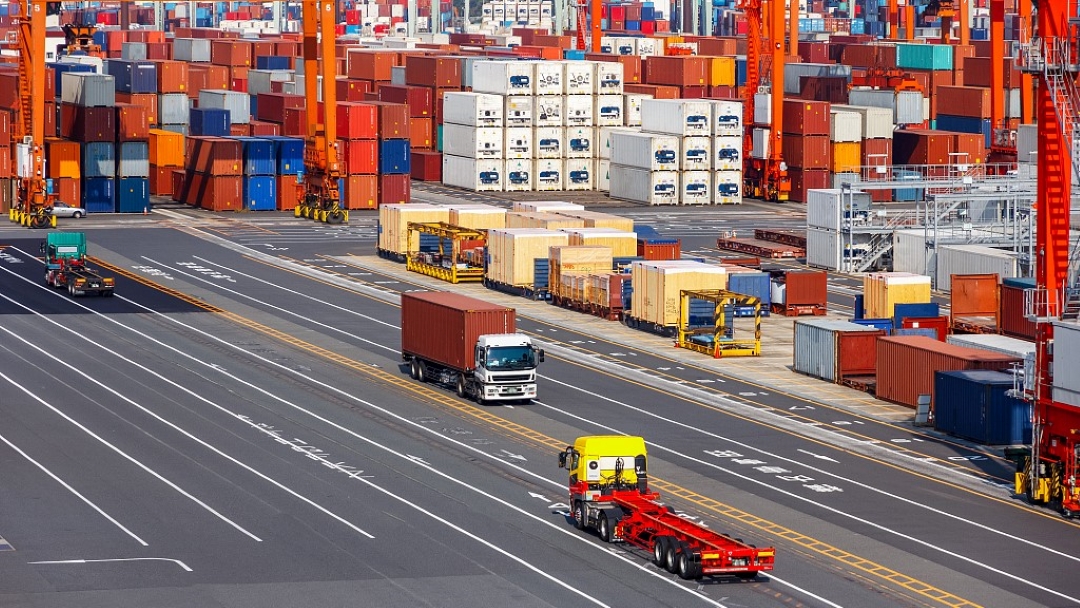
Japan's exports to China record the first increase in seven months. /VCG
Japan's exports extended their double-digit slump into a fifth straight month in July as the coronavirus pandemic took a heavy toll on auto shipments to the United States, dashing hopes for a trade-led recovery from the deep recession.
Total exports fell 19.2 percent in July from a year earlier, roughly in line with market expectations for a 21.0 percent decrease, government data showed on Wednesday.
In a glimmer of hope, exports to China – Japan's largest trading partner – rose 8.2 percent to mark the first increase in seven months on brisk demand for chip-manufacturing equipment and cars.
Shipments to the United States plunged 19.5 percent in the year to July as demand for engines and automobile remained weak, a sign Japan was feeling the pinch from the slow U.S. recovery from the pandemic's pain.
The exports fall in July was smaller than the 26.2 percent drop in June, which some analysts saw as a sign external demand may have bottomed out.
"Today's trade data confirmed that external demand hit bottom and is heading toward gradual recovery," said Masaki Kuwahara, senior economist at Nomura Securities.
"But the pace of recovery remains slow. Given the risk of a second wave of infections, it will take a couple of years before exports and GDP return to pre-pandemic levels," he said.
Meanwhile, core machinery orders, a leading indicator of business spending, unexpectedly fell to a seven-year low in June, dashing hopes that domestic demand would make up for some of the slack from sluggish global growth. Core machinery orders fell 7.6 percent in June, confounding market estimates of a 2.0 percent gain.
Manufacturers surveyed by the government expect core orders to fall 1.9 percent in the current quarter after dropping 12.9 percent in April-June, the data showed.
Japan's economy suffered a record annualized contraction in April-June as the pandemic crushed demand for cars and other exports and kept consumers confined at home.
(With input from Reuters)


